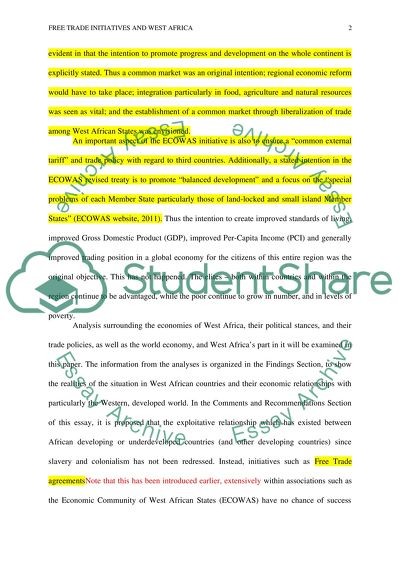Cite this document
(“To what extent have the fair-trade initiatives increased standard of Research Paper”, n.d.)
Retrieved de https://studentshare.org/macro-microeconomics/1391338-to-what-extent-have-the-fair-trade-initiatives
Retrieved de https://studentshare.org/macro-microeconomics/1391338-to-what-extent-have-the-fair-trade-initiatives
(To What Extent Have the Fair-Trade Initiatives Increased Standard of Research Paper)
https://studentshare.org/macro-microeconomics/1391338-to-what-extent-have-the-fair-trade-initiatives.
https://studentshare.org/macro-microeconomics/1391338-to-what-extent-have-the-fair-trade-initiatives.
“To What Extent Have the Fair-Trade Initiatives Increased Standard of Research Paper”, n.d. https://studentshare.org/macro-microeconomics/1391338-to-what-extent-have-the-fair-trade-initiatives.


